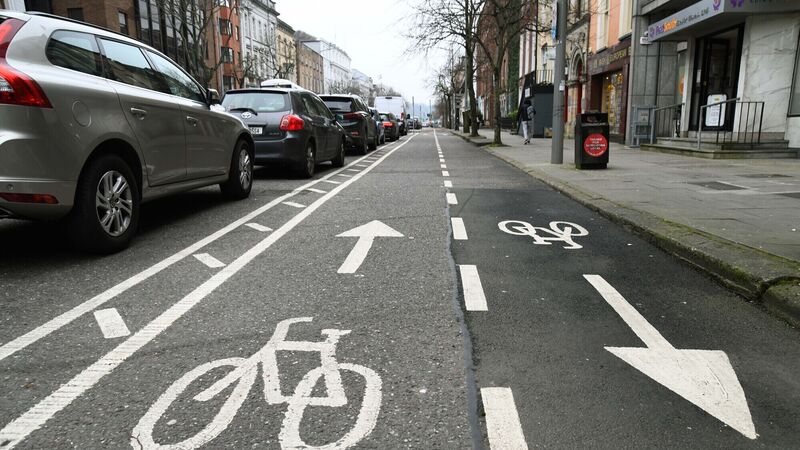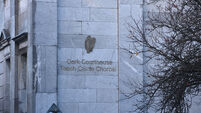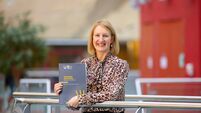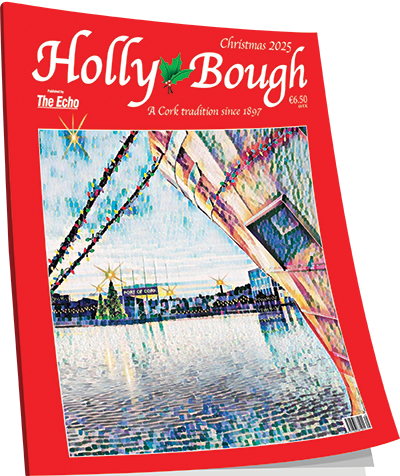Call to reallocate city streets for public and low-carbon transport

Earlier this week, Transport Minister Eamon Ryan unveiled a new national demand management strategy, which aims to reduce congestion in towns and cities, improve air quality, and provide more and safer space for public transport, walking, and cycling.







 App?
App?





